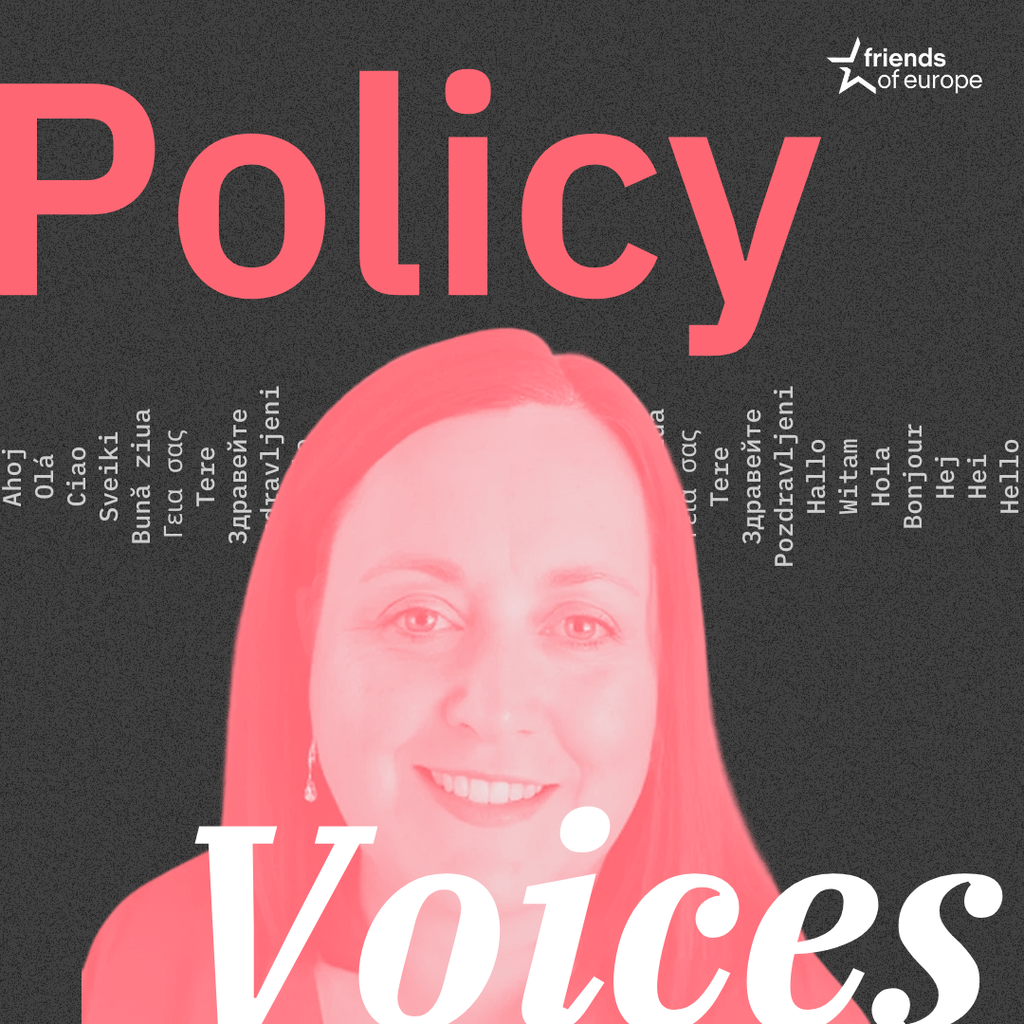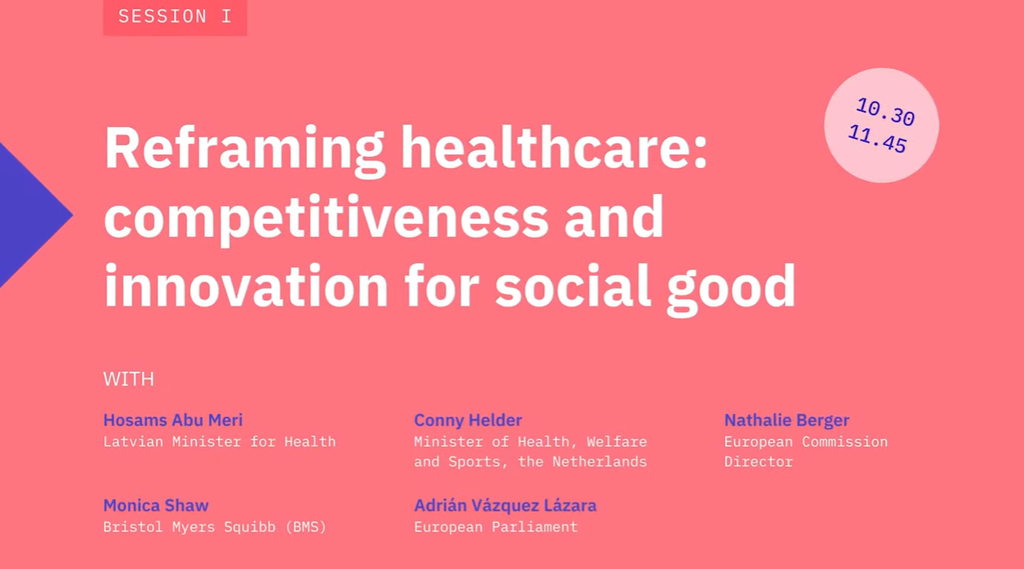Europe's moment: advancing clinical research and health innovation
Next event In person & online

- Area of Expertise
- Sustainable Livelihoods
Sustainable Livelihoods

Facilitator

Press and Communications Officer at Friends of Europe
10 October marks World Mental Health Day, a moment for reflection as the gloom of COVID-19 casts itself over the global mental health conversation. It is also a time to bring out of the shadows a group of people whose mental health is systematically ignored and impossible to prioritise due to the demands of their professions. We’re speaking, of course, about frontline healthcare workers.
The mental health burden of the pandemic has hit them hardest, with many experiencing burnout, emotional exhaustion and guilt. Yet we still expect them to work at their best, delivering high quality care. In any other sector this would not be the norm, so why should frontline staff bear the brunt of these impacts without mitigation?
Workloads rose dramatically during the pandemic and working conditions worsened. In August 2020, after the first wave of infections, 29% of countries reported to the World Health Organization (WHO) that essential healthcare was disrupted because of insufficient staffing, 44% revealed it was because of insufficient personal protective equipment (PPE) and 49% because staff were re-deployed for the COVID response. As we head into our second winter with COVID, healthcare workers are under incredible pressure. A quarter of healthcare workers reported depression or anxiety and almost 40% suffered from insomnia. All this has led frontline staff to question whether public authorities really respect their lives.
To add insult to injury, many healthcare workers – particularly nurses – are not well-paid
A report by Oxfam maps industrial dispute or strike action by health workers in 84 countries since February 2020, wherein 38% of strikes were linked to poor working conditions and 29% due to a lack of PPE. Unsurprisingly, there’s a very strong feeling of anger amongst key workers who have put themselves on the line for 18 months. This anger is justified.
Health workers have died in higher proportion than any other population group. The WHO conservatively estimates that 115,000 healthcare workers have died worldwide from COVID infections. And there’s evidence that some of their families faced higher risk too.
Polarised politics makes it harder for them to work under safe conditions. Initially acclaimed as heroes, many health workers have experienced abuse from people who reject the reality of the virus and oppose vaccines or lockdown measures. Healthcare staff aren’t in it for status but they are entitled to respect and protection from death threats and abuse.
To add insult to injury, many healthcare workers – particularly nurses – are not well-paid. In Ireland, student nurses on job placement were not entitled to compensation, and even when COVID-19 struck and hundreds were reassigned with larger workloads, still no monetary recognition was introduced. Since then, the government has made limited concessions in the form of a weekly stipend of €100. In Belgium, the previous government’s healthcare reforms aimed to plug a hole in staffing by offering free training to become a nurse. But this has had a perverse impact on wages. Newly-trained nurses with little experience earn more than highly qualified, seasoned ones.
It’s no surprise that doctors and nurses are quitting en masse across Europe
While vaccination rollout programmes have inoculated large portions of populations in Europe, 90% of COVID patients in German hospitals are unvaccinated – by choice – and similar trends can be seen in hospitals across Europe. This doesn’t even begin to cover the backlog of routine care and procedures that will need to be addressed over the years to come.
There will have to be a reckoning between the healthcare sector and the rest of society about what is reasonable to expect from all healthcare workers, from those on the frontlines to care home staff. Although there is no magic bullet which can address staff and PPE shortages, mistreatment, and insufficient compensation, healthcare workers – particularly nurses, carers and care home professionals – must have a seat at the table in high-level decision-making.
We need a structural readjustment that protects the future needs for healthcare workers, creates appropriate training and career pathways, and offers employment conditions that retain skilled staff. It’s no surprise that doctors and nurses are quitting en masse across Europe. For the workers who are left to pick up the pieces after 18 months of helter-skelter decision-making, they want to see a clear signal from policymakers that they won’t be left alone to deal with the huge challenges ahead. A round of applause, however well meaning, is simply not enough. Politicians should recognise that the system is unbalanced. Much needed and urgent reforms can be done while still respecting the efforts of frontline staff.
There are more health shocks and potential pandemics over the horizon. We have the tools to build the kind of health system we want. Let’s make sure we do it with buy-in from healthcare workers rather than at the expense of their wellbeing.
You may also like…
Next event In person & online

Past event In person & livestreamed

Past event In person

Past event In person & livestreamed





Stay informed
We use cookies and similar technologies to adjust your preferences, analyze traffic and measure the effectiveness of our campaigns. Learn more about our privacy policy.